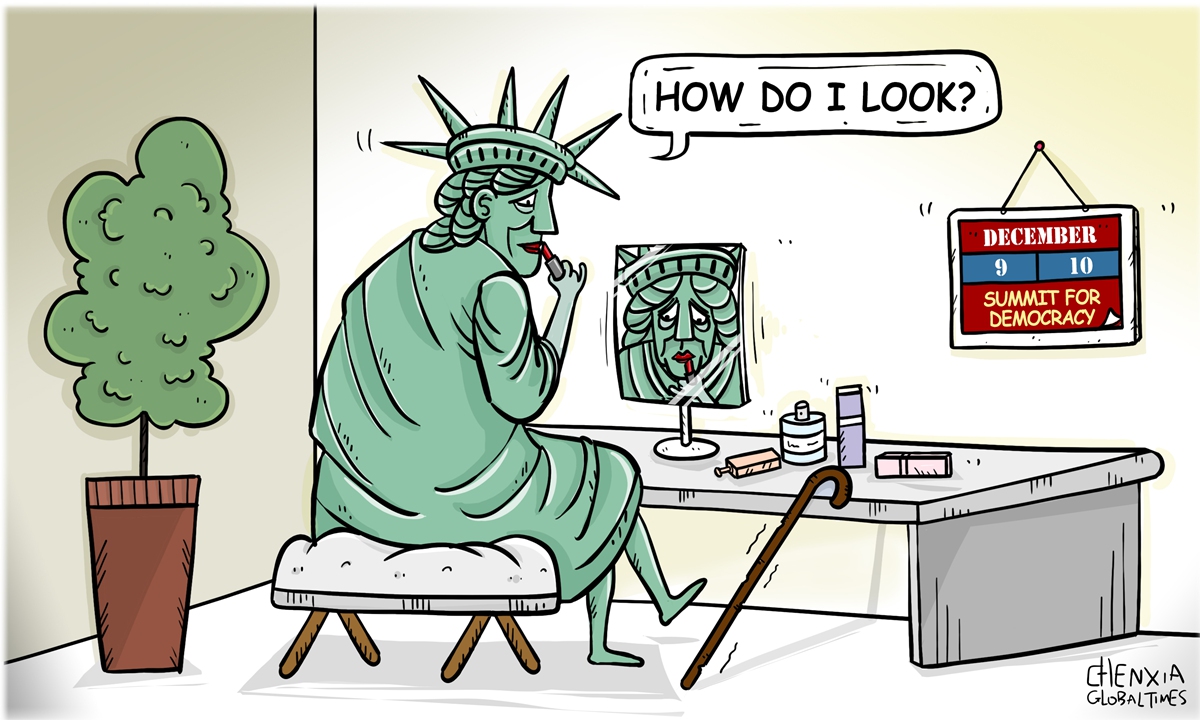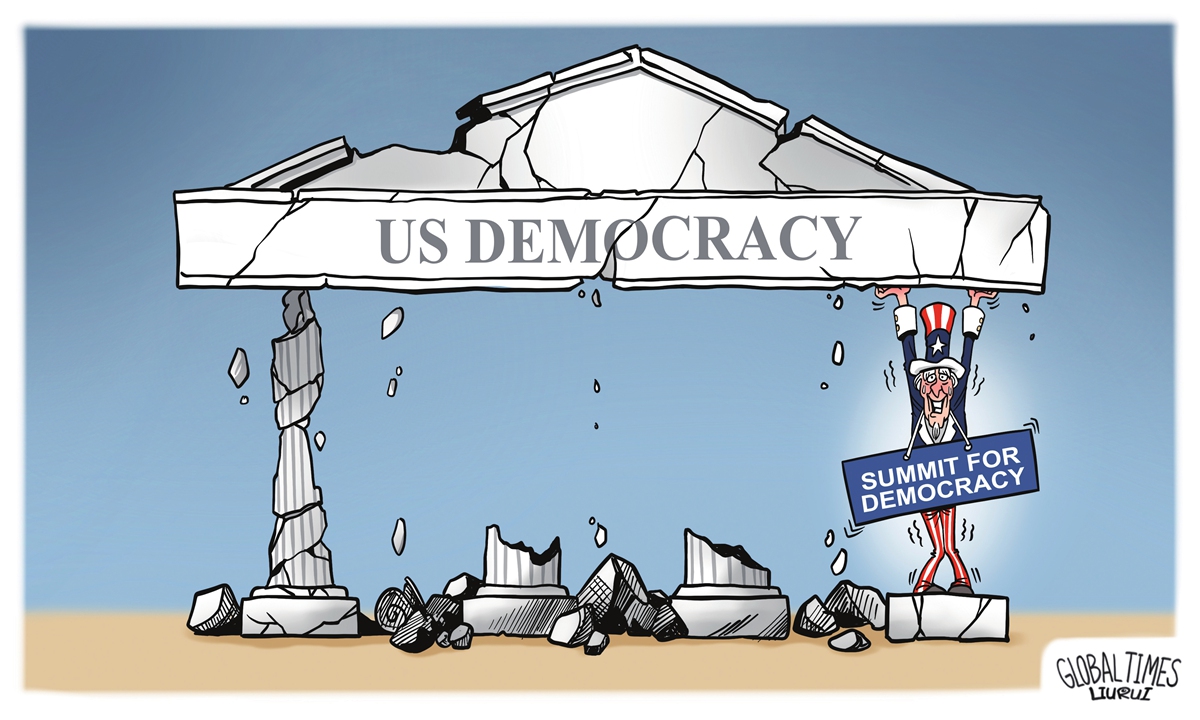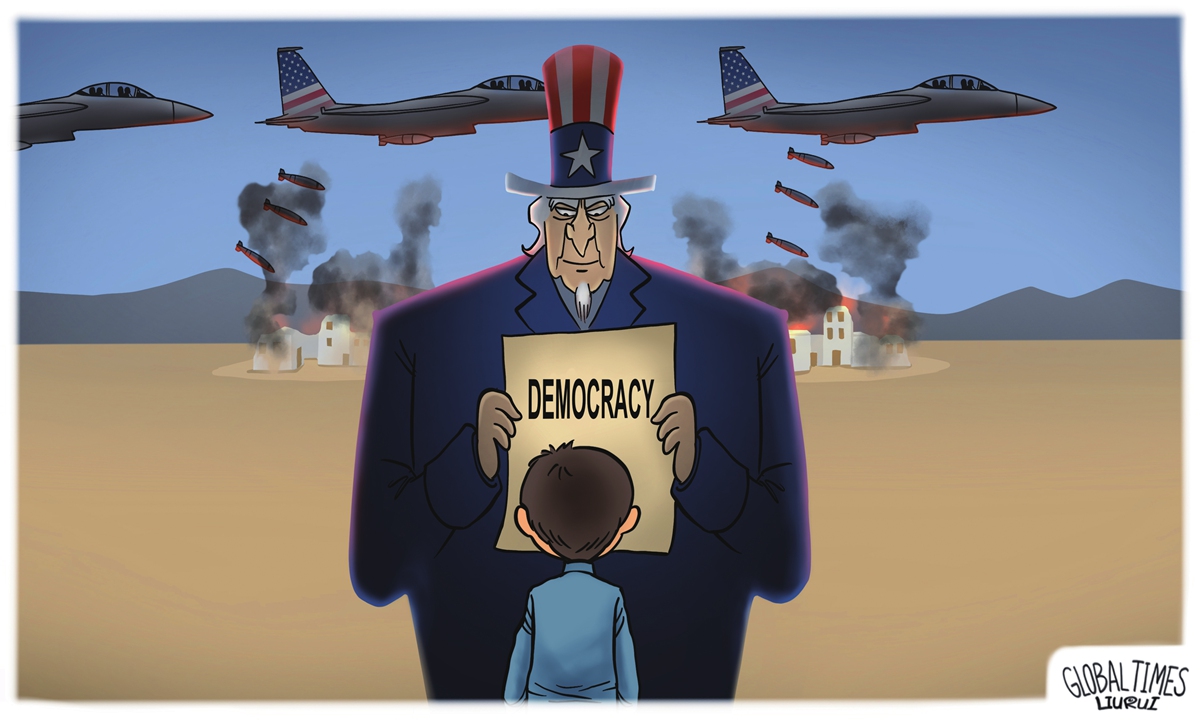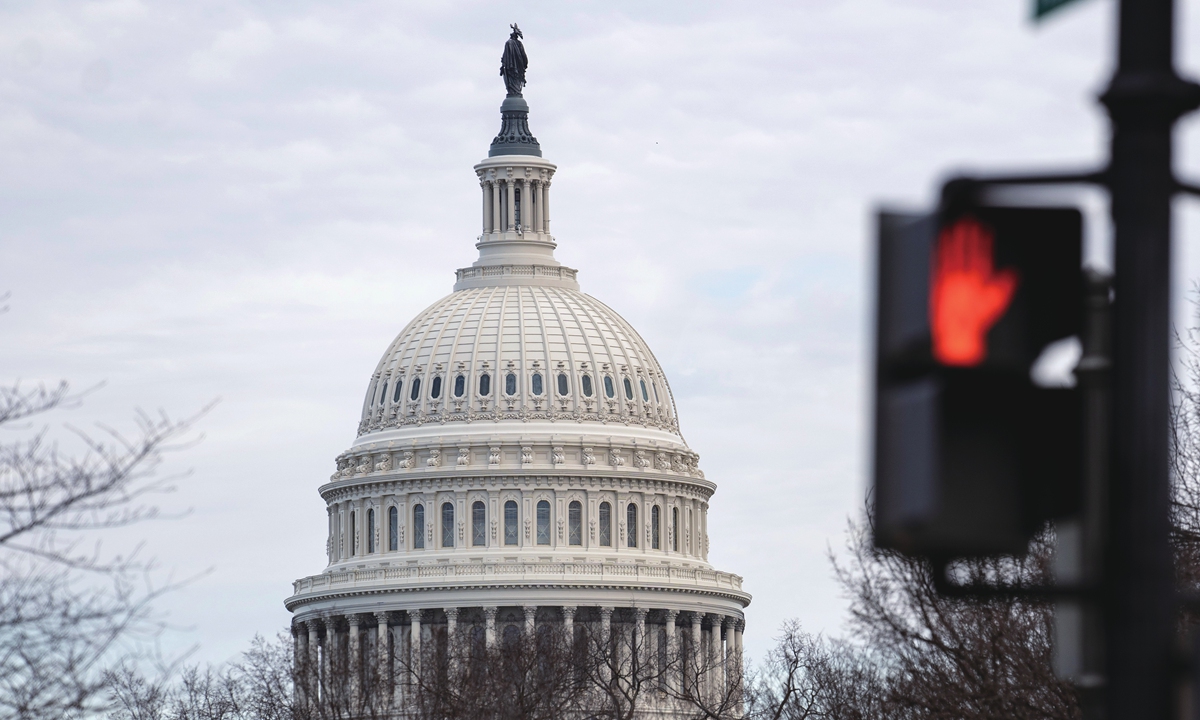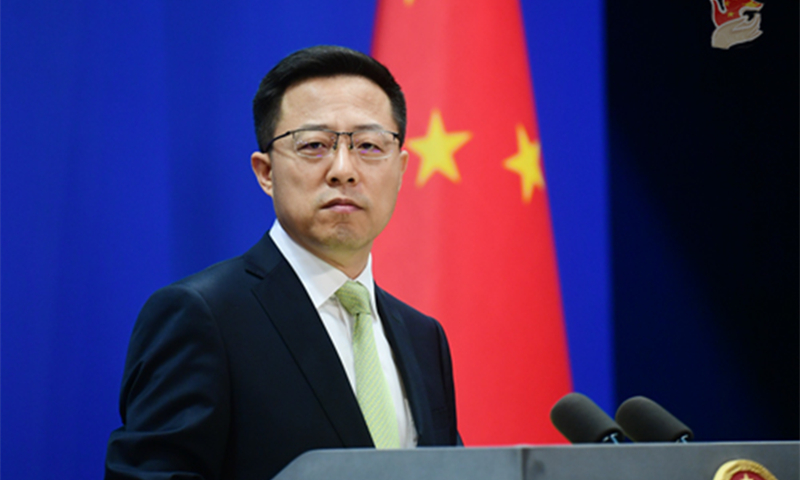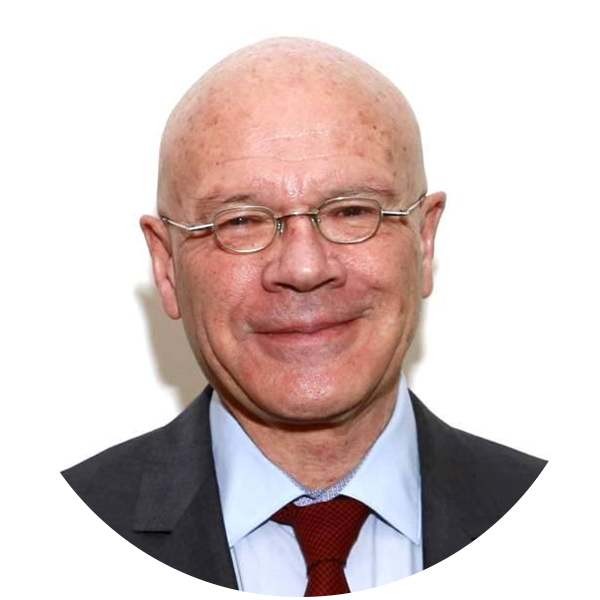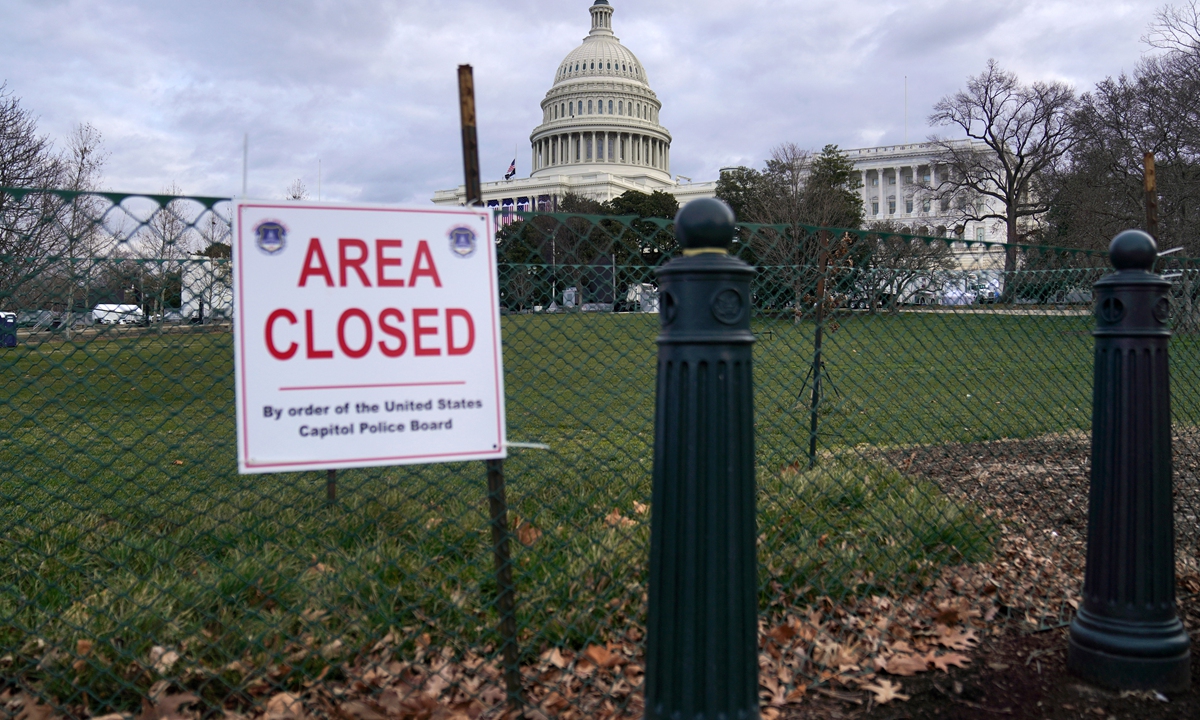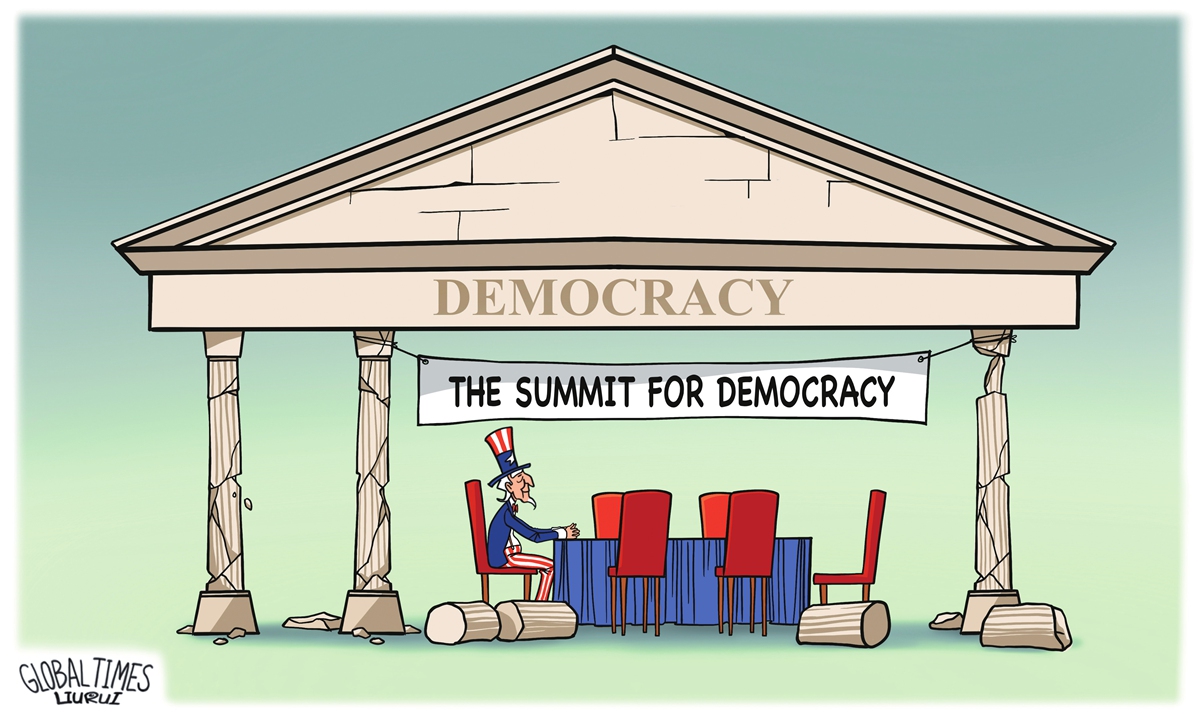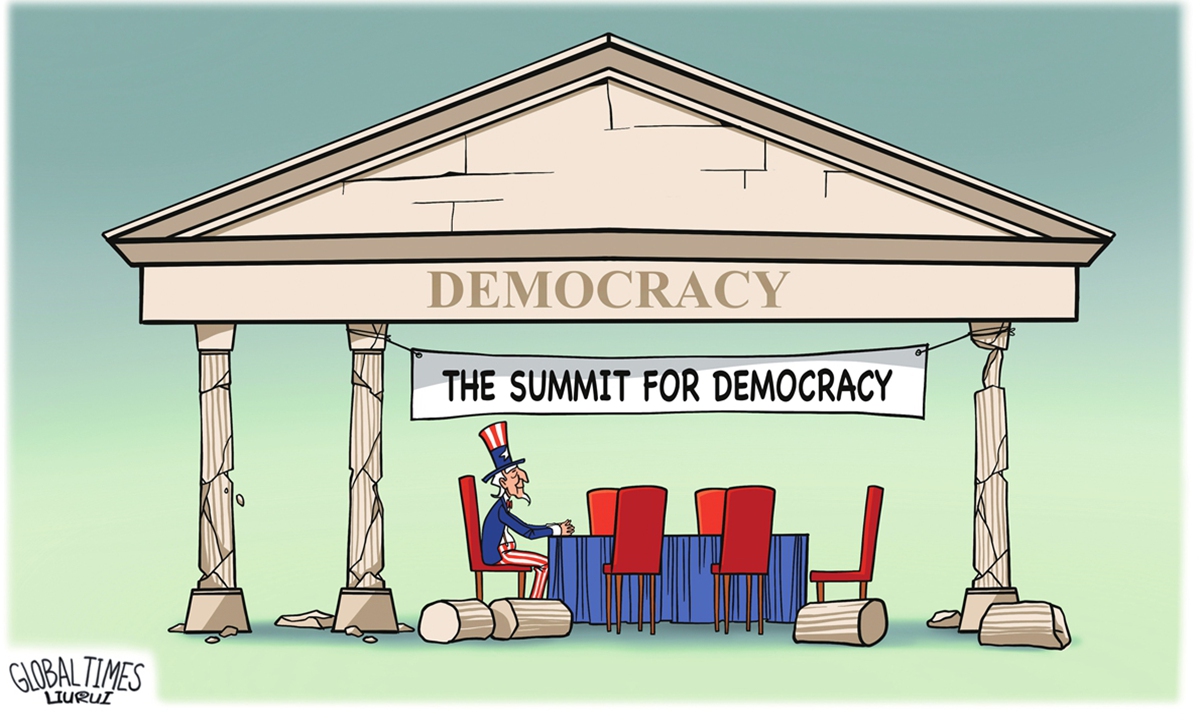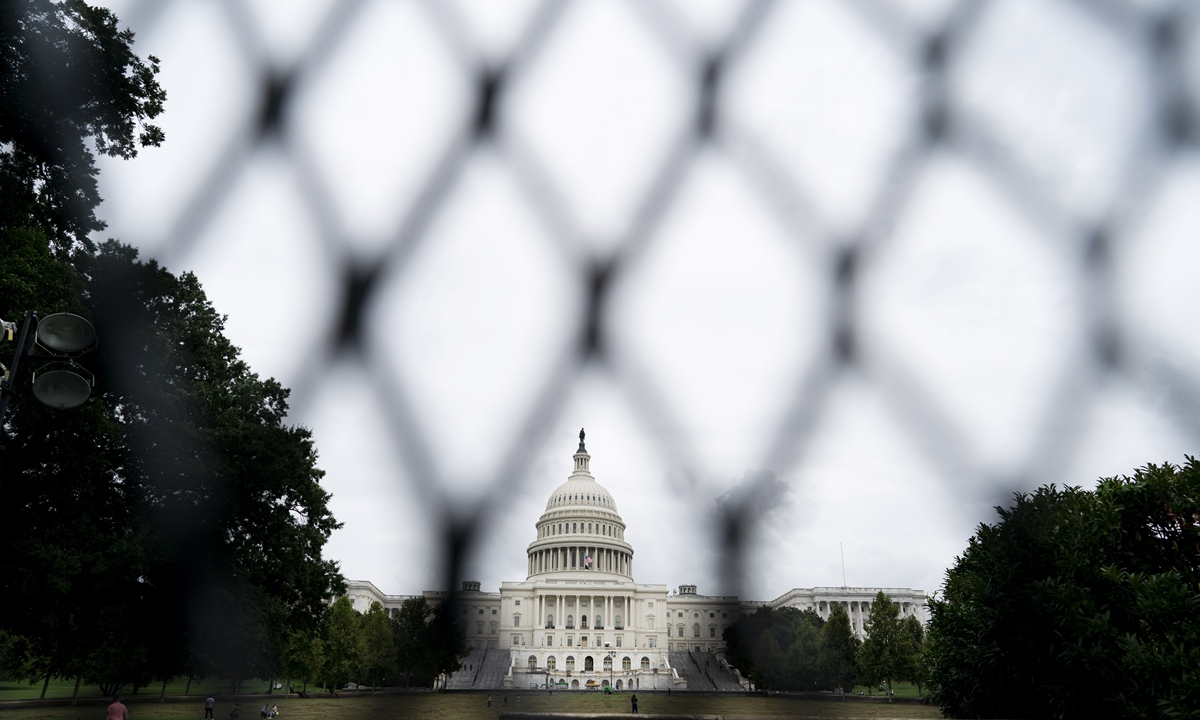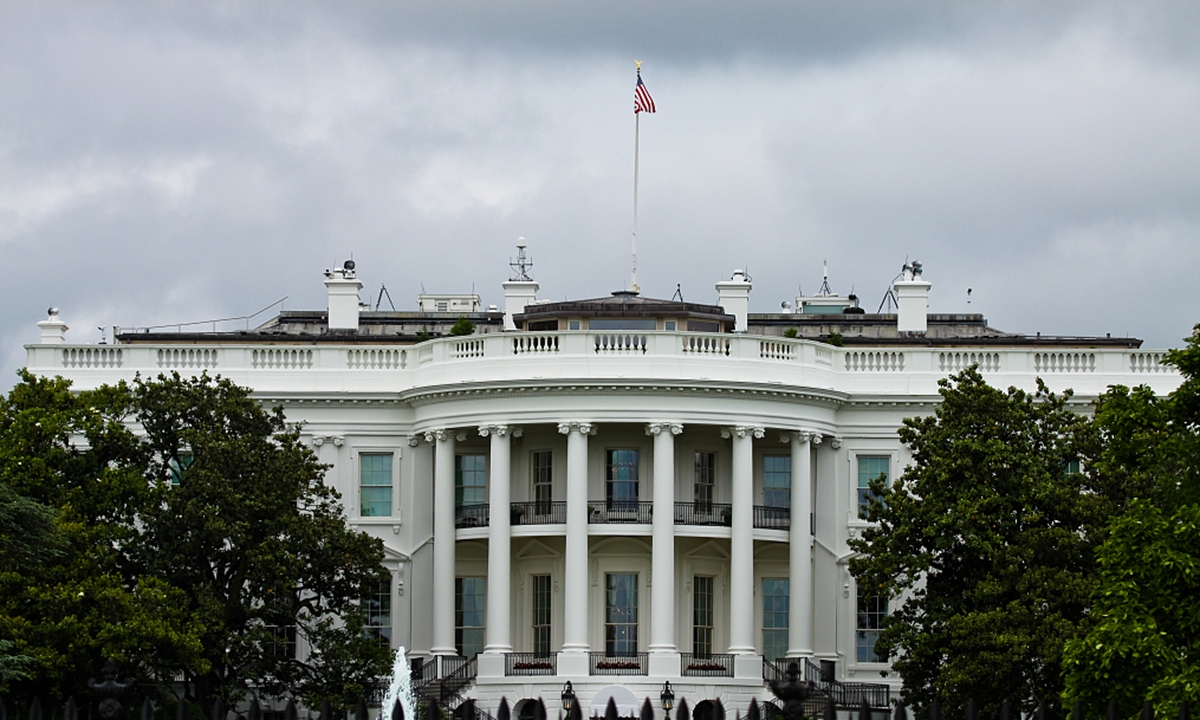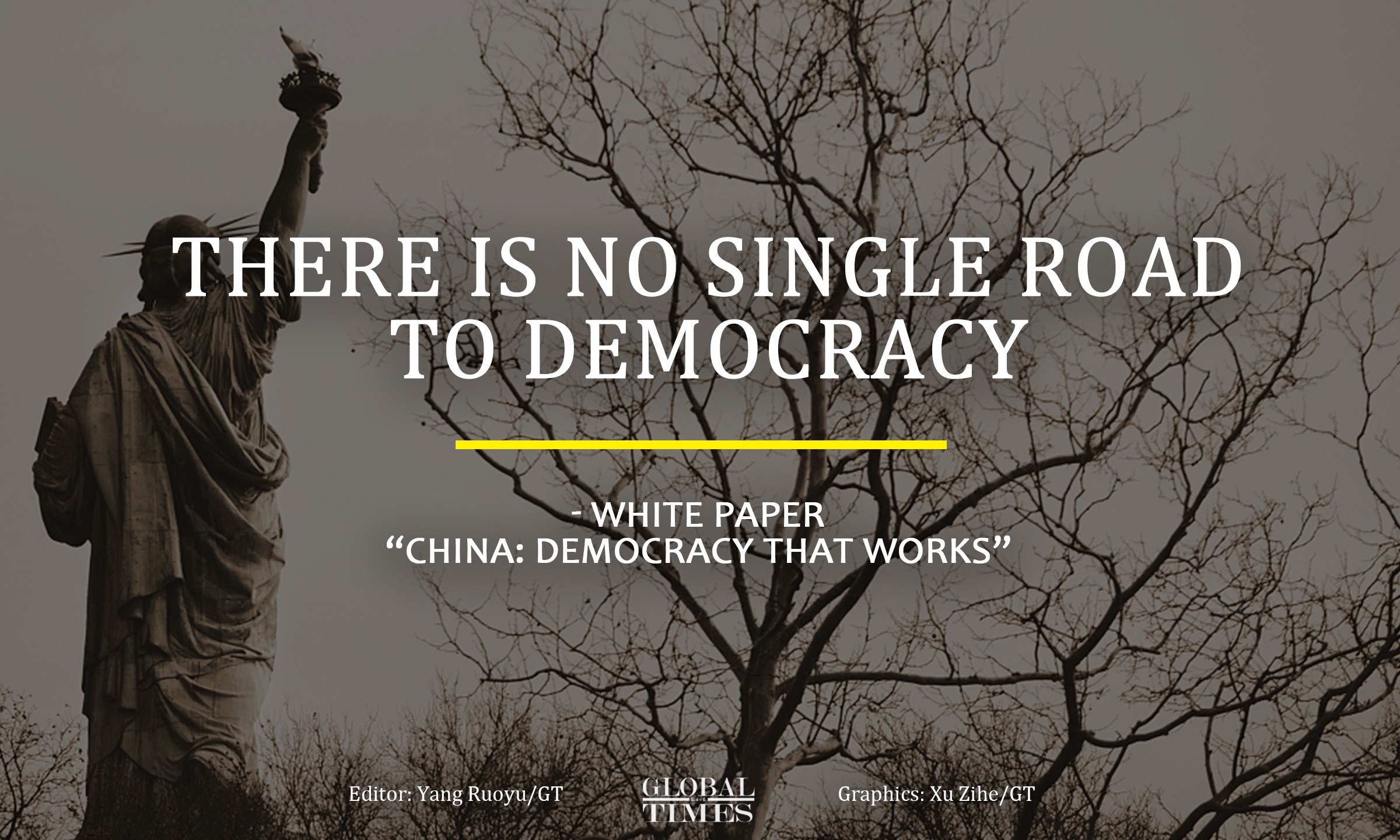
China can also take the lead in regional good governance.
TO achieve international connectivity, close international cooperation and coordination is required at all times, said political analyst Bunn Nagara.
And this also requires a certain level of trust and confidence among countries, he stressed.
For China and Malaysia, however, this is being challenged by active disputes in the South China Sea between China and Malaysia’s Asean neighbours as well as other “security incidents”, said Nagara at the recent Friends of Silk Road forum organised by the Malaysia-china Friendship Association.
“Some of these altercations have been bitter and alarming, and steadily more incidents have affected Malaysia.”
Nagara said these are avoidable and costly problems which have a significant impact on regional policy.
“They are costly because without these unnecessary challenges, regional cooperation, integration and development would improve tremendously. They occur at great cost to all of us.”
Together, China and Asean countries can do much more and achieve greater heights of development, but political will and courage are needed to turn wise thoughts into reality, he said.
“Some argue that the South China Sea issue is a key hurdle to deepening our bilateral relationship but I don’t think that because this comes from history and this can be discussed and resolved diplomatically.
“The immediate problem is not the conflicting claims, which have been there for years and will still be there for years to come. The outstanding problem is the possible actions that happen can be a very dangerous situation.“
“Closer cooperation and coordination are key, and whether and how far we can progress and succeed on these issues remain to be seen. I hope we have the political will to do what is necessary for all our interests in this region. I also hope that we can all work more closely together to achieve these necessary ends.
“For example, China and Asean should have quiet diplomatic discussions, away from all the publicity, so that we can talk frankly and quietly behind the scenes, so that others may not intervene.”
Another area where China can take the lead is in regional good governance, Nagara said.
“China could help us as well in terms of showing what kind of governance is needed to ensure sustainable economic growth.”
He explained that an unfortunate aspect of rapid economic development in this region is corrupt practices and persons.
“China has done a very good job in clamping down on corruption, which many other countries would like to do as well. But since corruption is often an international crime with cross-border implications, governments need to work more closely against it. An effective regional anti-corruption regime will need efficient extradition laws to deal with suspected individuals and fugitives from justice.”
China can be a global leader in anti-corruption laws and action, said Nagara.
“No country can object to that, and all countries will then follow China’s positive leadership in this effort. Many of these solutions are vital and not difficult to implement, given the political will.
“They are necessary if greater economic growth, with more development through better regional integration, is to be assured.”
Lessons from China’s development model
Comprehensive initiative: Farmer Wang Enhai loading baskets of green plum in Quanfa Village of Wushan County, China, for sale. Like many others in Quanfa, Wang managed to climb out of poverty through China’s targeted poverty reduction programme. — Xinhua/file photo
DESPITE the Covid-19 pandemic and the global economic stagnation in 2020, China managed to record 2.3% growth and a US$4.6tril (RM17.69tril) trade volume last year, becoming the only major economy to grow during the devastating year.
Already the world’s second largest economy with a GDP of US$14.7tril (RM61.92tril), it is no surprise that China managed to bounce back easily.
As Malaysia-China Friendship Association (PPMC) president Datuk Abdul Majit Ahmad Khan put it, China’s achievements in development are “spectacular”.
He noted, “This is clearly demonstrated in the transformation of the country’s status from a poor nation to a moderately prosperous one. It is a record in human history that a country has achieved so much prosperity and stability within the space of 40 years.
“From a ‘closed nation’, China today is an engine of regional and global growth. Its development model has provided opportunities for investment, trade, tourism, and China has become the global hub of supply chain, manufacturing, and services in trade.”
The question is whether China’s successful development model could be adopted elsewhere.
This has been the subject of debate among many analysts and was one of the discussion points of a recent Friends of Silk Road forum organised by the PPMC with the support of the Chinese Embassy in Malaysia entitled “The global significance of China’s develop-mental model”.
Held in conjunction with the 30th anniversary of the establishment of China-Asean relations, the aim of the webinar was to continue the ongoing dialogue and confidence- building over the years between Malaysia and China. It also provided an opportunity for reflection on the 100th anniversary of the Com-munist Party of China as well as China’s transformation in the context of Malaysia-China’s relationship.
“Malaysia and the Asean region have indeed gained tremendously from China’s transformation as reflected in the deep and strong economic linkages between the two regions,” said Abdul Majit.
Comprehensive poverty eradication
One area is poverty eradication, said Dr Ge Hongliang, deputy dean of the Asean College of Guangxi University for Nationalities in China.
Delving into the relationship between Malaysia and China, specifically Sino-Malaysian cooperation in poverty reduction, Ge highlighted that China’s poverty eradication programme is a topic that is important in the study of China and South-East Asia.
Relating his firsthand witness account of China’s development, Wang Yuzhu, director of Apec (Asia-Pacific Economic Cooperation) and East Asia Cooperation Center at the Chinese Academy of Social Sciences, said he could see China’s “economic miracle” in his own life’s journey – from his humble beginnings on a farm in a rural Chinese village to a comfortable life as a public servant.
Wang concurred that the republic’s comprehensive poverty eradication programme is one of the important factors underpinning the country’s rise.
“Based on current poverty standards, 770 million rural poor people in China have been lifted out of poverty since China opened up. This accounted for more than 70% of global poverty reduction population during the same period according to the World Bank’s international poverty standards,” he said, referring to the “China’s Practice in Human Poverty Reduction” white paper.
China’s poverty eradication initiative was effective as it was targeted, with meticulous planning such as precise project arrangements, inch-perfect measures as well as accurate use of funds, personnel and other resources, Wang noted.
There is a learning value from it for developing countries, including Malaysia, to achieve complete poverty reduction and modernisation, said Ge.
“This has undoubtedly created a useful basis for China and Malaysia to continue to strengthen cooperation on the poverty reduction agenda.”
Adding that extra attention needs to be given to the rural and less developed areas, he said China and Malaysia would be able to have mutual cooperation through this, specifically to develop agriculture.

Tourists enjoying handmade lanterns displayed by a handicraft company in Guangling County of Datong. Under China's poverty eradication programme, the company has helped over 200 impoverished residents to by providing them with occupational training. — Xinhua/File photo
Vital global role
There is a global significance to China’s rise, said Wang.
With its land and population size, China is an important part of the world, he noted.
“China is also the world’s factory – its exports account for about 16% of the world’s goods. Therefore, China’s problems are not only its own problems but also global problems. China’s development is an important part of world development.”
China would also need to play a big role in protecting the environment, he noted.
“We need strive to reach the peak of carbon dioxide emissions by 2030 and to achieve carbon neutrality by 2060, as put forward by the slogan ‘green water and green mountains are golden mountains and silver mountains’.”
Ultimately, said Wang, China and the world need to develop together.
“China adheres to the policy of good neighbour and friendship to safeguard regional and world peace. China also actively participates in regional cooperation, adheres to multilateralism, and promotes regional and global economic integration,” he said.
He added that China is also working together with other countries to build “a peaceful and prosperous community with a shared future for humankind” through the Belt and Road Initiative.
However, Wang believes China’s “development experience” is distinctly Chinese. He listed 10 points behind China’s rise which included upholding the party’s leadership, putting the people first, following the “Chinese path”, promoting a united front, and remaining committed to self-reform.
Independent political analyst and honorary research fellow at the Perak Academy Bunn Nagara gave an in-depth and comprehensive analysis of Malaysia-China relations and also the impact of China’s rise and how it has continued to reshape regional geopolitical dynamics.
He too noted that China’s development model is of great interest to almost everyone, from economists to policymakers and anyone with interest in political economy, strategic studies and international relations. It is also of great interest to people in many different countries in the developing world, in the developed world, among former colonies and former colonial powers, and among emerging markets.
“China’s development model is special and its development record is spectacular for the following reasons.
“Development is rapid, even for the large size of the country. It is essentially a hybrid endogenous model unique to China. Develop-ment does not derive from colonial conquests and plunder of other lands.
“China’s sheer size means the impact on many other countries is considerable.”
But there are important caveats in considering China’s development model, he said: “First, that China did not begin with a single and fixed model 100 years ago to arrive at where it is today. It began with a set of values, principles and goals, selecting and then adapting theory to suit local conditions at the time, with what is called Chinese characteristics.
“The process is grounded in pragmatism... and is evolutionary, incremental and revolutionary as the need arises at each stage. Periodic reflection and correction then helped to refocus policy towards the original values, principles and goals.”
Despite the historical hardships that China has endured, it has also been fortunate to be able to experiment and develop its own model of development, free from the pressures and conditionalities imposed by multilateral agencies on so many developing nations, Nagara added. Like other developed economies in East Asia, China has shown that it can overcome this development dependency trap.
Nagara feels that Malaysia and China can learn from each other.
“It is just as important for countries to avoid copying a development model from somewhere else as it is for any country to reject imposing its model on others. China has wisely chosen not to export its development model, even though other countries may learn from it.... But no one size fits all; we’ve got to learn from one another – pick and choose what fits us the best.”
Another Malaysian expert, Datuk Dr Irmohizam Ibrahim, who is an adjunct professor at Universiti Kebangsaan Malaysia and visiting professor at the Center of Malaysia Scholars in Huaqiao University, China, suggested ways in which Malaysia and China could work together to jumpstart Malaysia’s pandemic-stricken economy, including considering some opening up of the borders with a travel bubble.
Irmohizam also stressed the importance of passing the baton to the next generation to continue maintaining this bridge-building work that is ongoing between Malaysia and China.
“We should encourage further exchanges between China and Malaysia, specifically through people-to-people exchanges, especially the young,” he said.
Related posts










